18 Simple Anti-Aging Hair Care Tips For A Healthy Scalp
Gentle methods to maintain your hair and scalp health in the face of age-related stressors
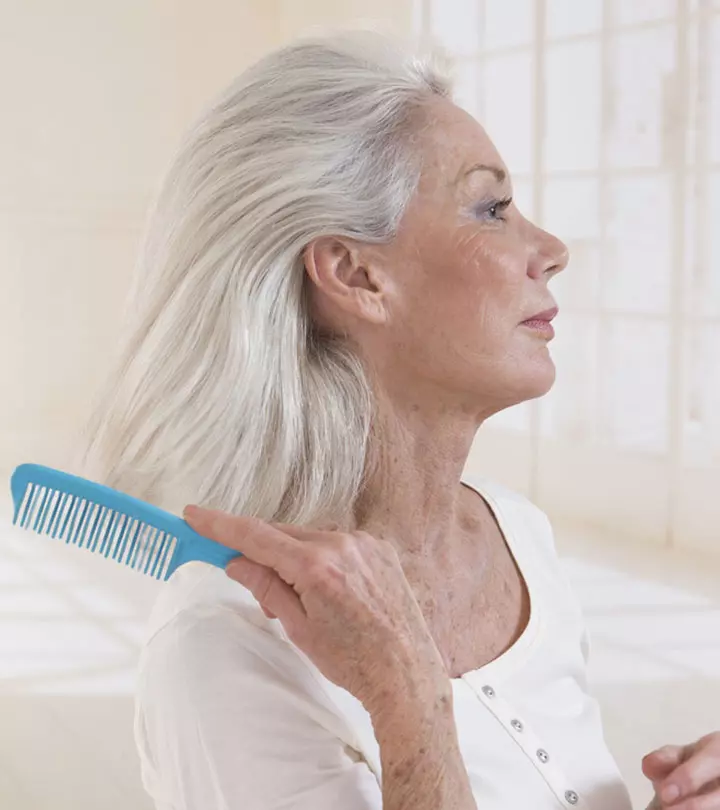
Image: Shutterstock
When it comes to anti-aging routine, our mind automatically shifts to skin care. However, an anti-aging hair care routine is equally crucial. It is because the hair changes with age. Aging affects the hormones and other mechanisms in the body. As a result, you may notice changes in hair color, texture, growth rate, and volume.
That is why you need a holistic routine to care for the aging hair strands. Read this article to learn how to maintain healthy hair and help it age gracefully.
In This Article
The Best Anti-Aging Hair Care Tips
1. Get The Right Hair Cut
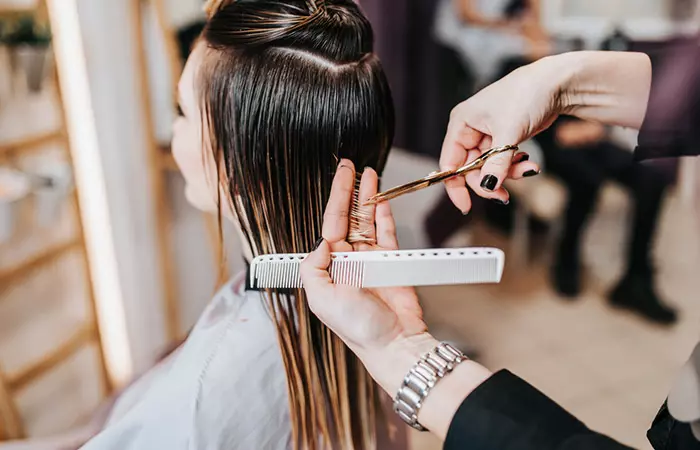
Hair thinning is a common issue as you get older. If it has been bothering you, ask your hairstylist to give you a short haircut that will make it appear voluminous. If you like to wear your hair long, try long layers. Regular trimming every 5-7 weeks can help keep the hair healthy.
 Quick Tip
Quick TipTry changing your hairstyle every 3 months to keep your look fresh and youthful. Growing your hair beyond a certain length might weigh down your tresses and pull on the roots, leading to hair fall.
2. Consume A Balanced Diet
This is crucial for your overall health and your hair. As you grow older, you may develop health issues and hormonal imbalances (after menopause) and have nutritional deficiencies.
Lack of essential nutrients like iron, zinc, niacin, essential fatty acids, selenium, vitamins A, D, E, folic acid, biotin, proteins, amino acids, and antioxidants can trigger hair loss (1). Moreover, the hair density and growth rate also deteriorate after menopause (2).
Hence, consume a well-balanced diet and consult a doctor for vitamin supplements. Overall efficient nutrition provides more power for effective hair strengthening and good hair vitality.
3. Moisturize Your Hair

Just like your face, you need to moisturize your hair to prevent dryness and frizz and keep it soft and healthy. Try deep conditioners, hair masks, and rejuvenating oil massages for hair moisturization. Regular massaging is a great way to get healthy hair, as it imparts much-needed hair nourishment, boosts scalp and hair health, and helps you relax.
Sonya, a blogger dedicated to winter hair care, uses a homemade mango butter blend featuring organic coconut oil, vitamin E oil, and vanilla essential oil to moisturize her dry 4c hair. She emphasized the benefits of mango butter in her blog, writing, “It has a lighter feel than shea butter, so if you find shea butter too heavy, give mango butter a try (i).” Sonya also shared a quick DIY moisturizer recipe that is made with distilled water, aloe vera juice, vegetable glycerin, and jojoba oil—a concoction she advised adjusting based on individual hair reactions.
4. Use Quality Hair Brushes
Buy a good quality brush with nylon bristles or natural boar bristles to prevent snagging and maintain hair rejuvenation levels. You may use the nylon bristle brush for gentle detangling and the boar bristle brush to distribute the natural oils throughout the length of your hair.
5. Check The Ingredients Of Your Shampoo
Switch to a mild and hydrating shampoo and conditioner. Check the ingredients and avoid any product that contains harsh sulfates, alcohol, artificial fragrances, and preservatives. Look for products that contain natural and herbal extracts for healthy hair restoration. If you have any scalp issues, use a medicated shampoo and consult a doctor for product recommendations as commercial shampoos usually have ingredients meant for mass use. A scalp that is losing hair will need safe and non-toxic ingredients to prevent further damage.
 Did You Know?
Did You Know?Opt for hair care products that cater specifically to your hair type (straight, wavy, curly, or coily) and hair issues (dryness, breakage, hair fall, dandruff, etc.).
6. Avoid Heat Styling
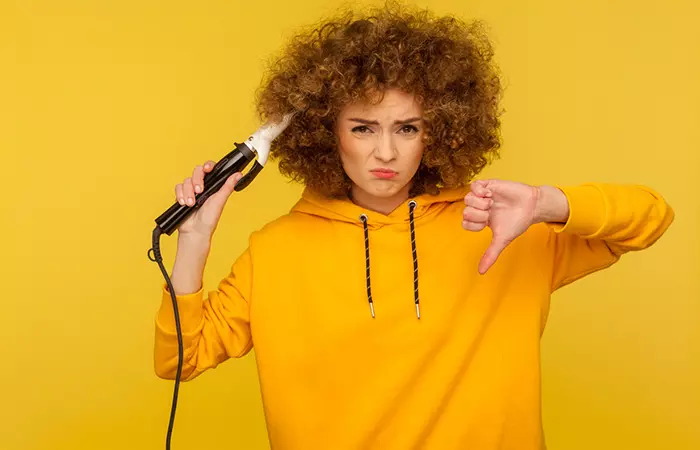
Excessive use of flat irons and hair dryers on high heat settings can damage your hair. Aging hair demands a gentle hairstyling routine. It is better to avoid heat styling tools or use a mild heat protectant spray for effective hair repair against heat damage. However, if you cannot avoid them, use them in the lowest heat setting.
7. Say “No” To Hairsprays
It is because hairsprays contain ethanol and other drying alcohols that could be damaging to your hair. Avoid hair styling products that provide a stronghold as they have high alcohol content. To manage flyaways and frizz, you can use aloe vera gel as a substitute for optimal hair hydration and health.
8. Be Gentle
Just like your aging skin, your aging hair needs extra love and care. Instead of tying your hair tightly, go for relaxed hairstyles like loose buns, braids, and loose and low ponytails. Do not tease your hair for adding volume. Also, wrap your head with a silk scarf or use silk pillowcases to avoid friction while sleeping.
9. Get Rid Of Residue
Hair products like leave-in conditioners, shampoos, oils, and styling products can leave residue and cause buildup. This causes tangles and hair fall. Clean your scalp once in two weeks with a clarifying shampoo. Follow up with a mild conditioner for nourishing hair conditioning.
10. Avoid Frequent Hair Wash
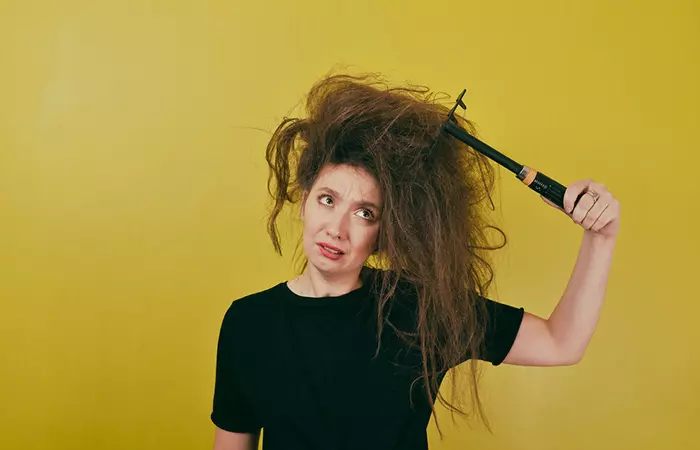
Frequent shampooing can strip the natural oils and dry out your hair, causing frizz, tangles, and breakage. Limit your hair-washing schedule to twice a week. Also, use a nourishing and hydrating shampoo with ingredients like aloe vera, emollient oils, sea kelp, green tea, and vitamin E. Learn to read labels and look for safe ingredients.
11. Avoid Brushing Wet Hair
It is because combing wet hair can stretch the strands and make them weak. As a result, the strands become brittle and break easily. Let your hair air-dry for a while and use a wide-toothed comb to detangle the strands.
12. Use A Microfiber Towel
Avoid rubbing your wet hair with cotton and other towels. The strands are prone to damage when wet, and rubbing them causes friction and structural damage. Instead, use a microfiber towel and wrap it around your head. Microfiber towels are soft, gentle on the hair, and quickly soak excess water. You may also use a soft cotton T-shirt to wrap your hair for hair wellness.
13. Reduce Your Stress Levels

Life can go haywire and be stressful. Stress can profoundly affect your hair health, causing hormonal imbalance, lowered nutrient absorption from the gut, and poor circulation in the scalp. This may lead to damage and hair fall and inhibits hair growth (3). Take a break from the monotony of your daily routine and indulge in activities that help you de-stress.
14. Avoid Hot Showers
Steam baths and hot showers feel relaxing, but they are not ideal for your skin and hair. They strip the natural oils and cause dryness, leading to frizzy, unmanageable, and breakage-prone hair. Moreover, your skin becomes thin with age and cannot withstand extreme temperatures. Use lukewarm or room-temperature water for the shower.
15. No More Chemical Treatments
You might feel tempted to color your hair to conceal the grays or try chemical smoothening and straightening. However, it is best to avoid chemical treatments. Bleaching, coloring, straightening, and other chemical treatments may damage your hair structure. Instead, go for relaxing spa treatments, and if you want to color your hair, use henna and other dye-producing herbs but don’t forget to do a patch test before applying them to your hair.
16. Talk To The Doctor
If your hair is thinning and you are experiencing excessive hair fall, consult a doctor immediately. Often, hair loss is a sign of an underlying health condition. Early diagnosis is crucial for treatment and your overall health. Also, steroids often trigger hair loss. If you are using steroids for a medical condition, ask the doctor for alternatives.
17. Take Collagen Supplements
Collagen, a protein present in various tissues, skin, and hair, is thought to enhance hair strength. Collagen supplements have become a popular choice in the realm of anti-aging hair care. They aim to replenish the collagen levels in the body, thus potentially promoting healthier, more youthful-looking hair. However, further research is needed to confirm these claims, and it is essential to consult a healthcare professional before taking these supplements.
18. Exercise Regularly
Exercising regularly can enhance blood circulation in the body, including the scalp, and promote hair growth. A survey conducted on 592 patients aimed to explore the link between exercise and androgenic alopecia severity. It found that aerobic exercises and longer exercise durations were associated with significant improvements in the alopecia symptoms. For example, they reduced scalp itching and scaling, decreased greasiness, and improved mental well-being (4). Thus, it may also help maintain the youthful volume and shine of your tresses.
Infographic: The Best DIY Natural Remedies To Prevent Gray Strands
The intensity and extent of gray hair best reflect your age. You will eventually get a silver mane, but you can delay the process by taking good care of your hair and pampering it. All you need to do is incorporate a few DIY remedies into your routine.
Learn how to prevent stray gray hair strands with these easy yet effective home remedies shared in the infographic below. Illustration: StyleCraze Design Team
In short, an anti-aging hair care routine is about keeping your hair healthy, not preventing grays. Following the easy tips mentioned above can keep your hair luscious and strong. Eat a balanced diet filled with nutrients, use the right brush and hair products on your hair, and moisturize your hair and scalp regularly. Limit the number of times you heat-style your hair, and stop using products with too many chemicals and harsh ingredients. If you give your hair the love and care it needs, it will flourish and remain healthy.
Frequently Asked Questions
How does aging affect hair?
Hair begins to get weaker with old age. Your hair may lose its pigmentation, thickness, and luster and become rough, dry, and brittle as you grow older. You may also experience more hair fall.
Is keratin good for aging hair?
Yes. Keratin is an important ingredient in many anti-aging hair products. It can repair damaged hair and provide hair protection from further damage. However, keratin can lead to other health-related side effects. Therefore, consult your doctor and a trichologist before opting for keratin hair treatment.
Why does hair get frizzy as you age?
As you age, you get weaker and may develop nutrient deficiencies. Your scalp produces lesser natural oils that provide nourishment to your hair. Thus, your hair turns frizzy and wiry as you age.
Key Takeaways
- Aging hair demands a gentle hairstyling routine. Therefore, avoid excessive use of flat irons and hair dryers.
- Avoid frequent shampooing as it can strip the natural oils and dry out your hair, causing frizz, tangles, and breakage.
- Avoid chemical treatments like bleaching, coloring, and straightening that damage your hair structure.
Illustration: Simple Anti-Aging Hair Care Tips For A Healthy Scalp

Image: Stable Diffusion/StyleCraze Design Team
Check out this easy-to-follow tutorial to keep your hair healthy and vibrant. Get rid of those gray hairs and slow down aging!
Personal Experience: Source
StyleCraze's articles are interwoven with authentic personal narratives that provide depth and resonance to our content. Below are the sources of the personal accounts referenced in this article.
i. Moisturizing My Dry 4c Hairhttps://2dimplzs.wordpress.com/2016/10/17/moisturizing-my-dry-4c-hair/
References
Articles on StyleCraze are backed by verified information from peer-reviewed and academic research papers, reputed organizations, research institutions, and medical associations to ensure accuracy and relevance. Read our editorial policy to learn more.
- Diet and hair loss: effects of nutrient deficiency and supplement use
https://www.ncbi.nlm.nih.gov/pmc/articles/PMC5315033/ - A Comment on the Science of Hair Aging
https://www.ncbi.nlm.nih.gov/pmc/articles/PMC6369639/ - Burden of Hair Loss: Stress and the Underestimated Psychosocial Impact of Telogen Effluvium and Androgenetic Alopecia
https://www.sciencedirect.com/science/article/pii/S0022202X15309635 - Relationship between the exercise and severity of androgenic alopecia
https://pubmed.ncbi.nlm.nih.gov/34382589/
Read full bio of Dr. Rekha Yadav
Read full bio of Anjali Sayee
Read full bio of Monomita Chakraborty





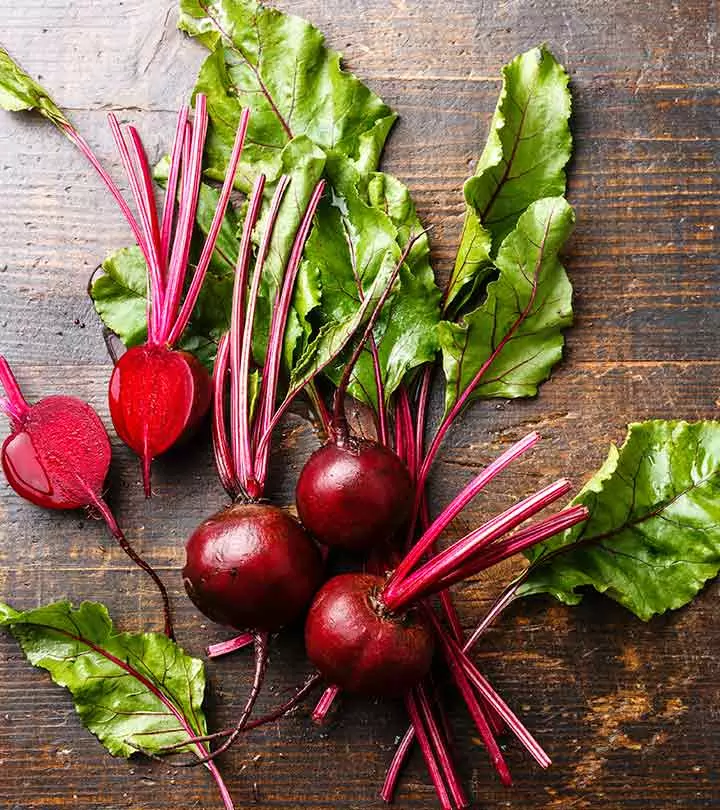
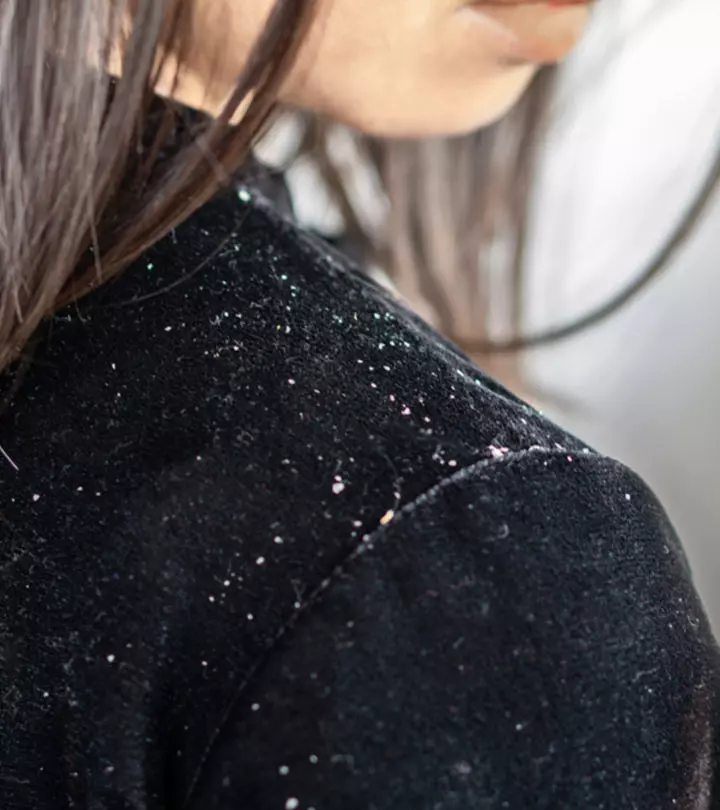
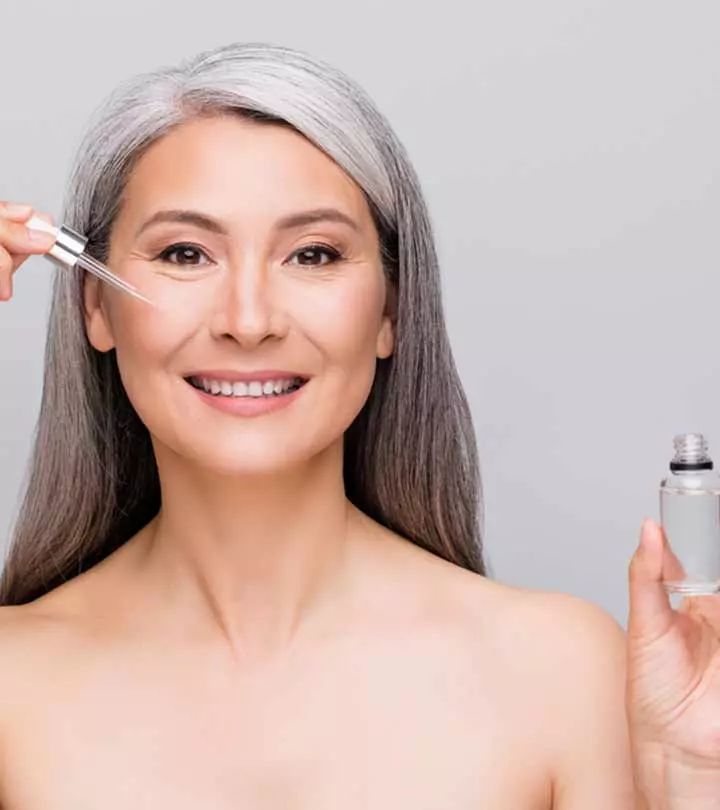
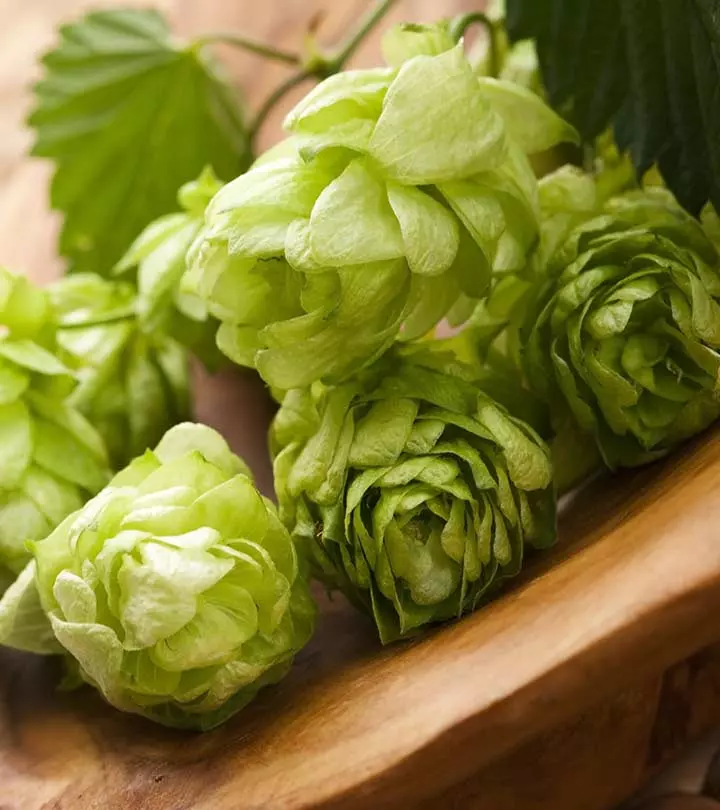
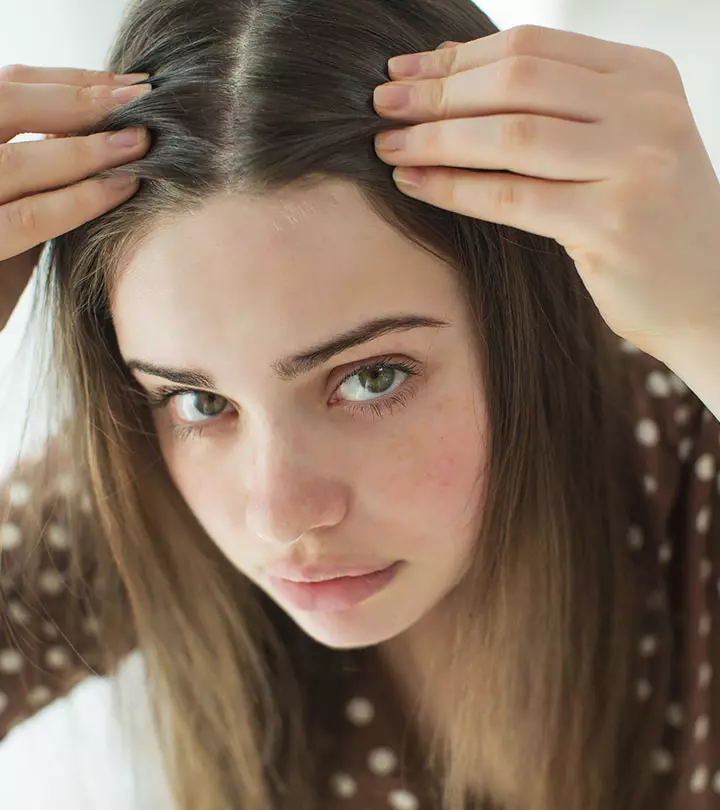
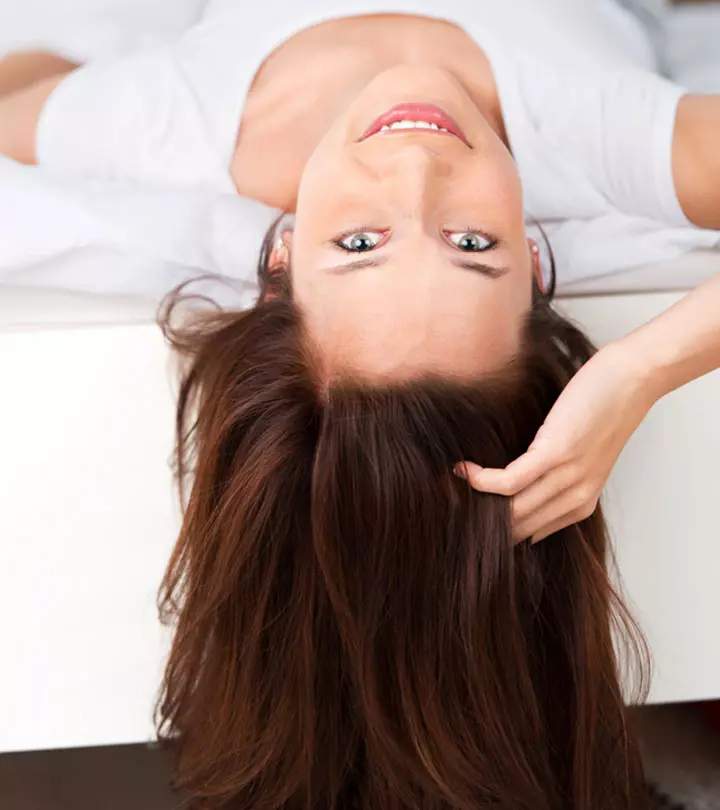
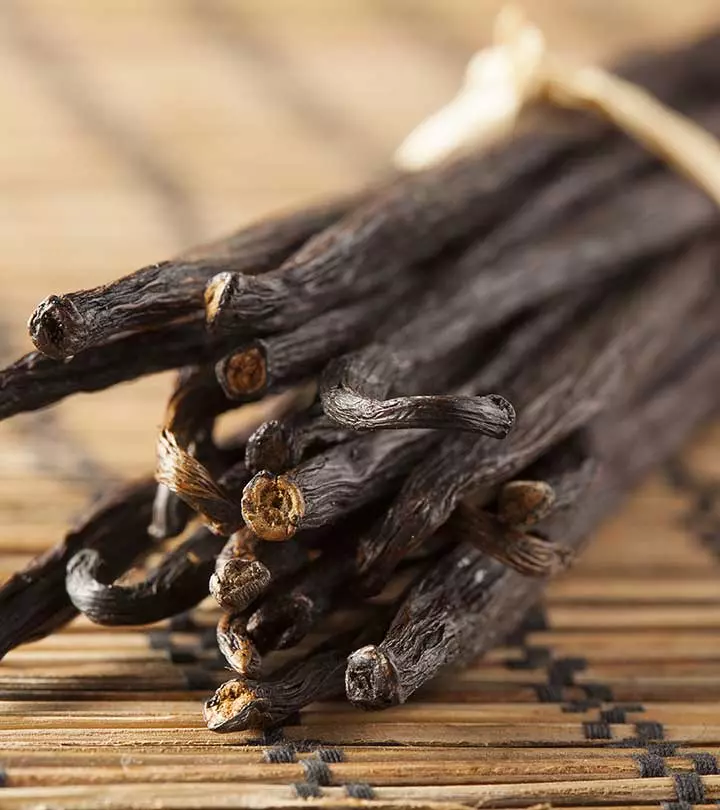
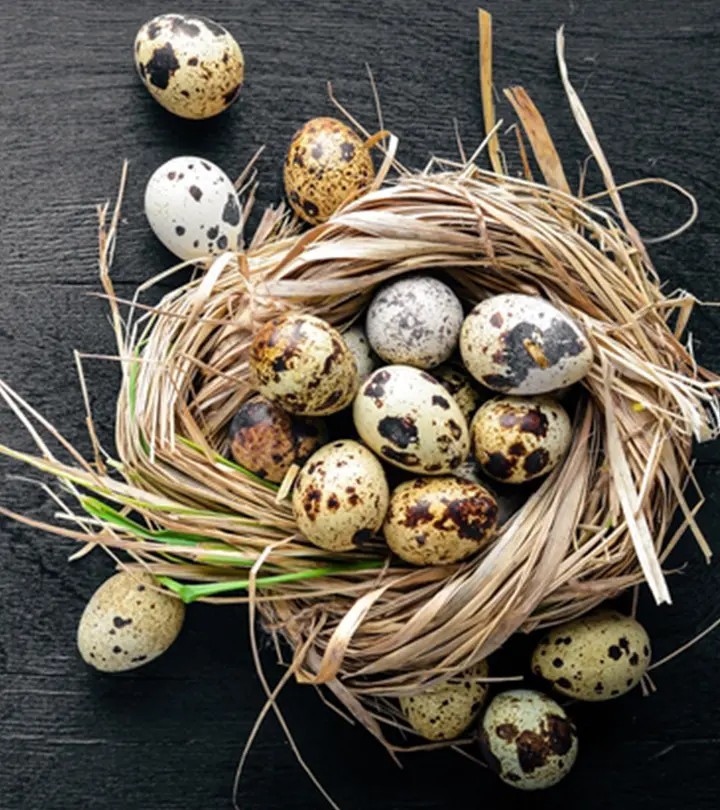
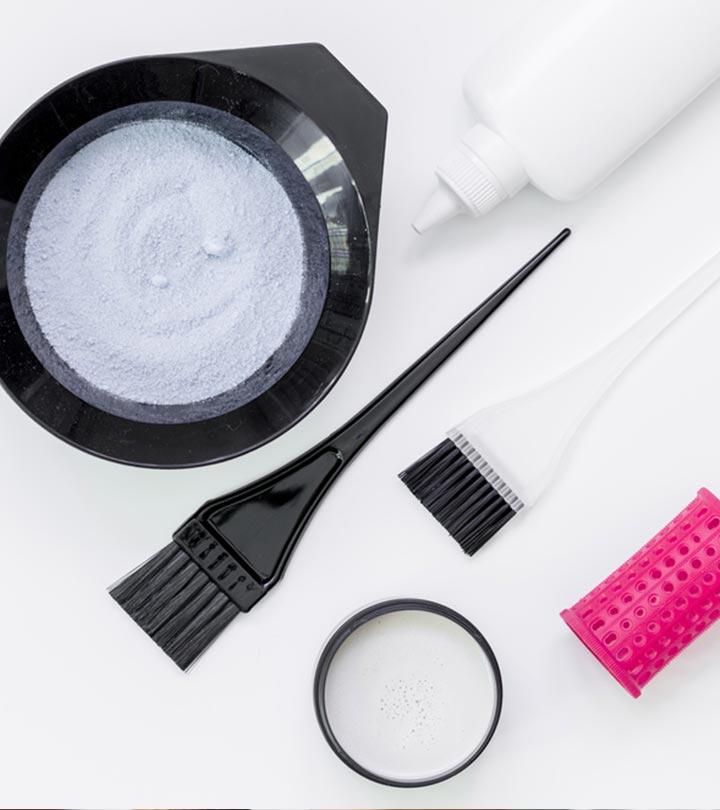
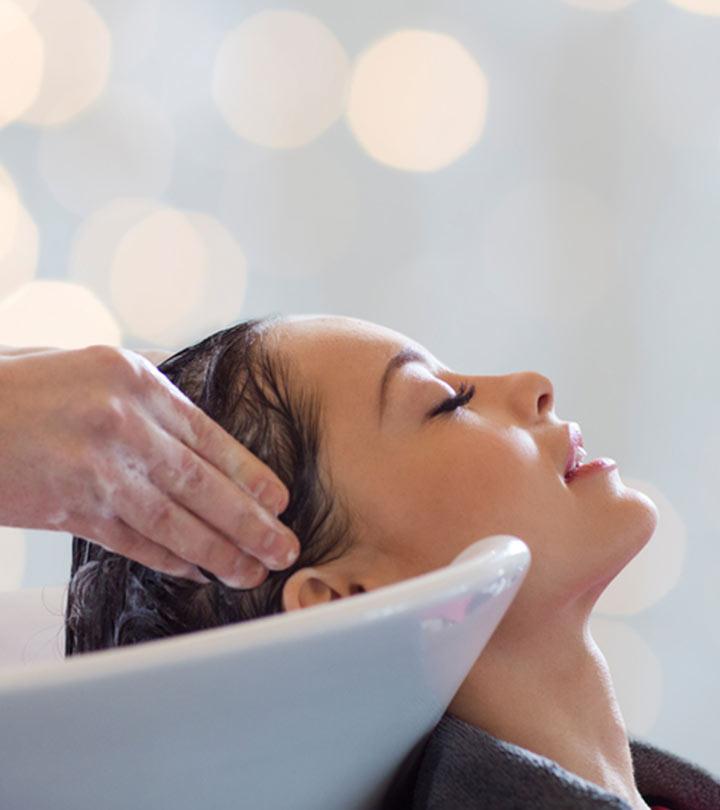
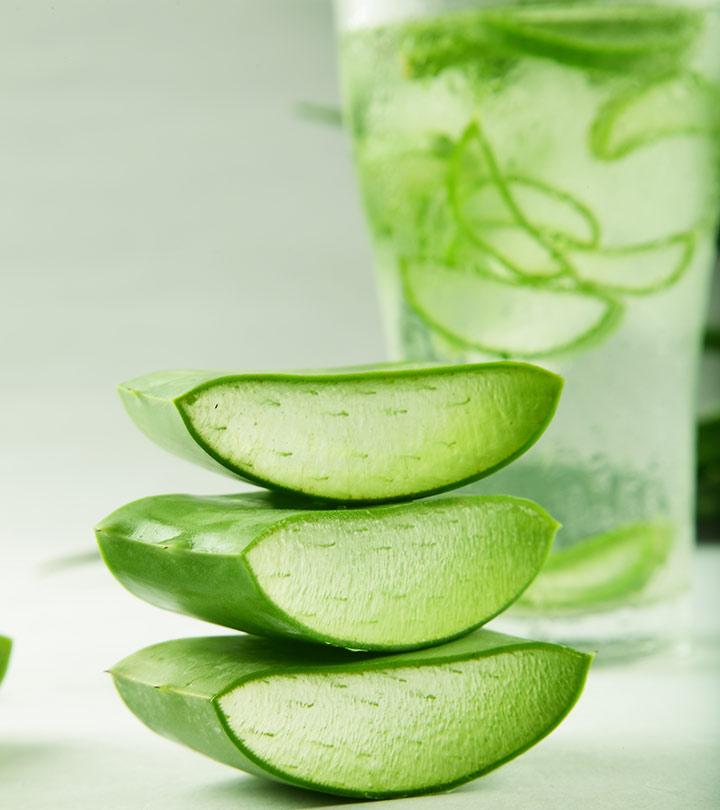

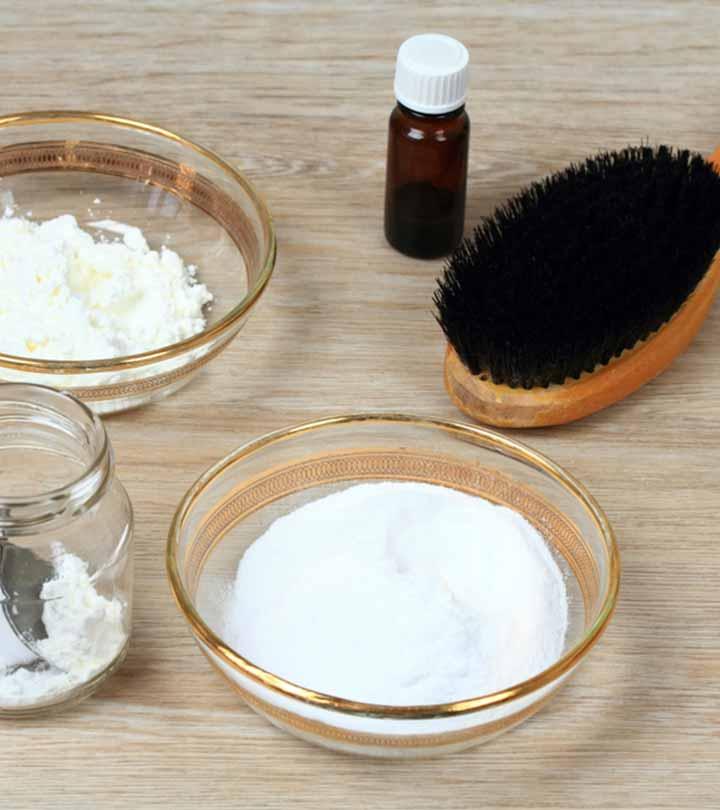
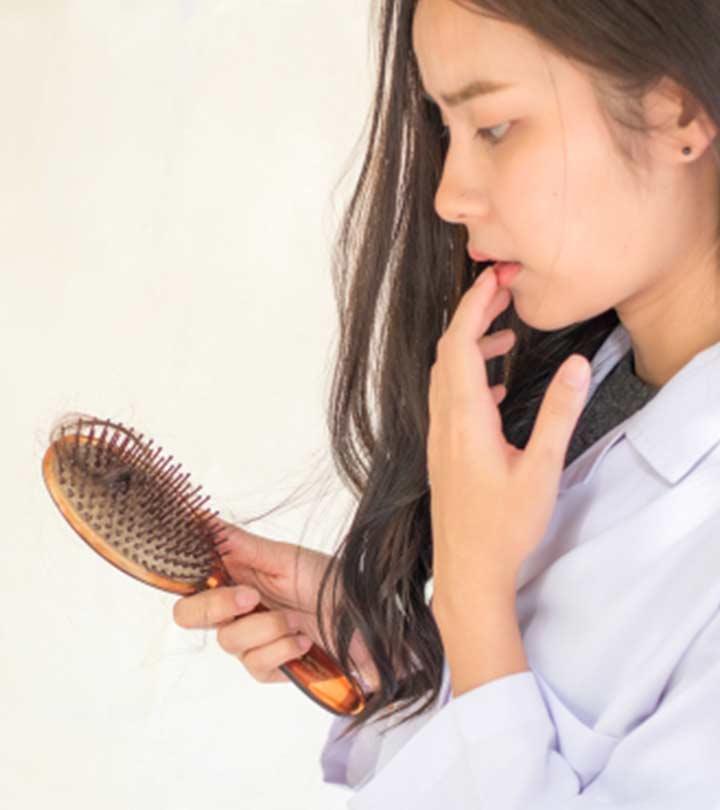
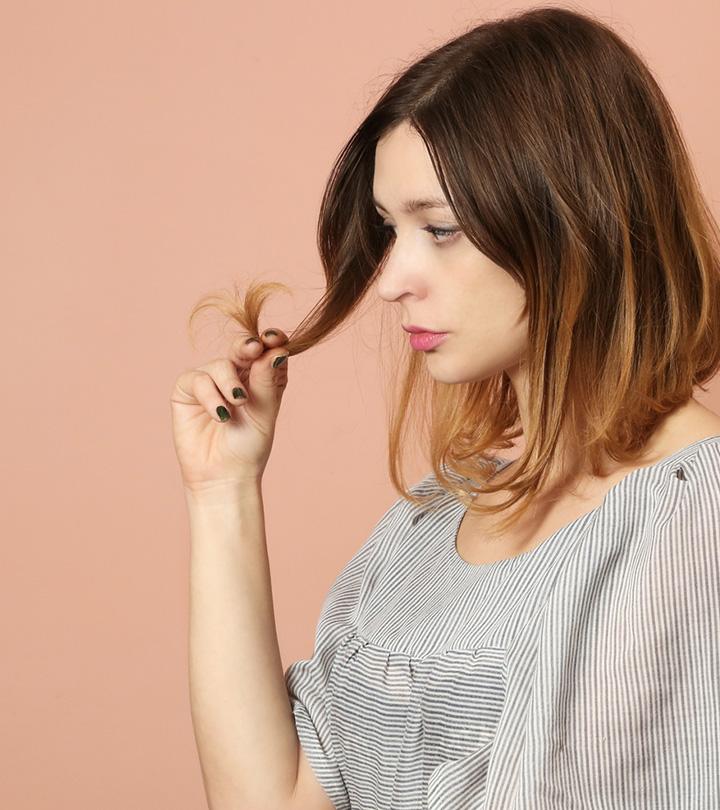
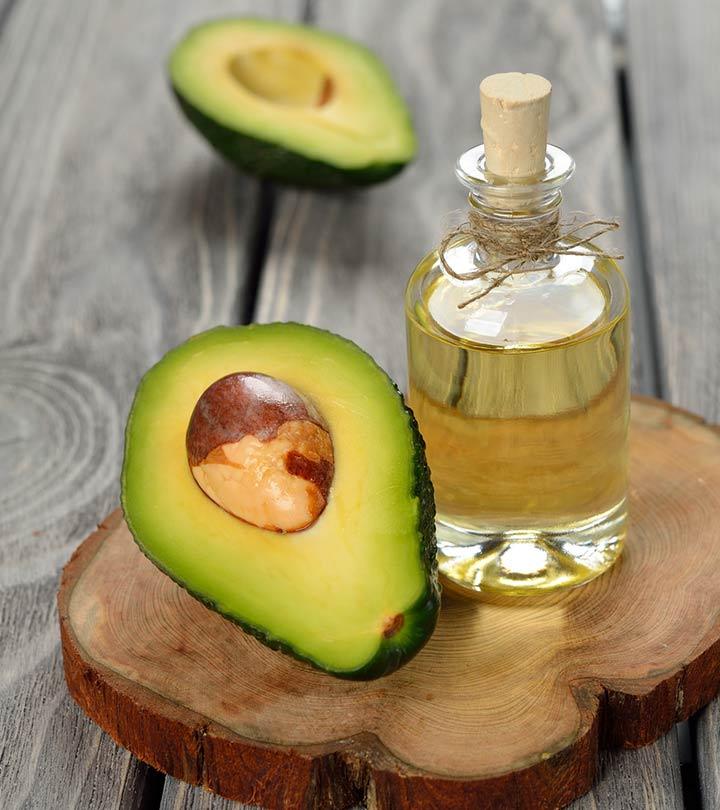
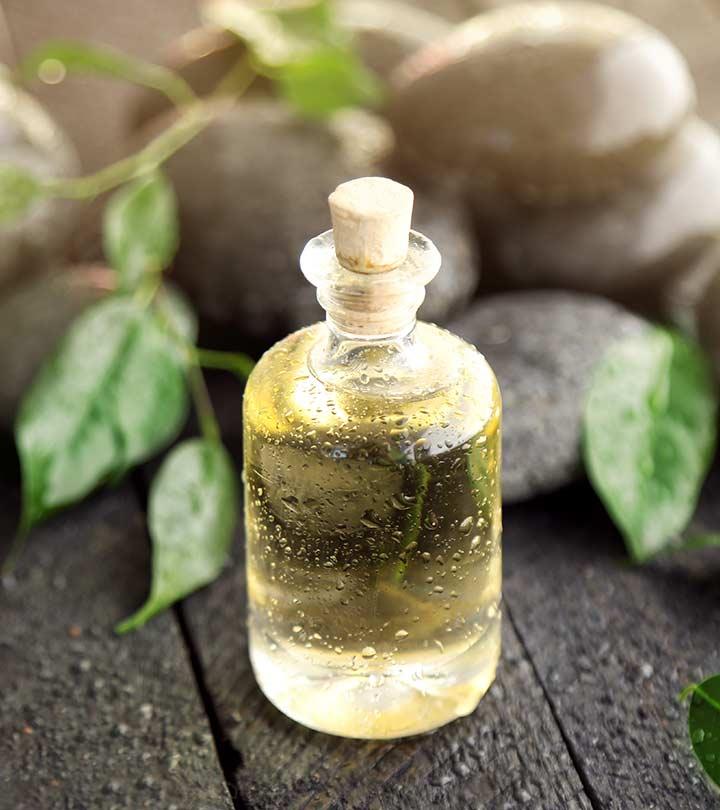

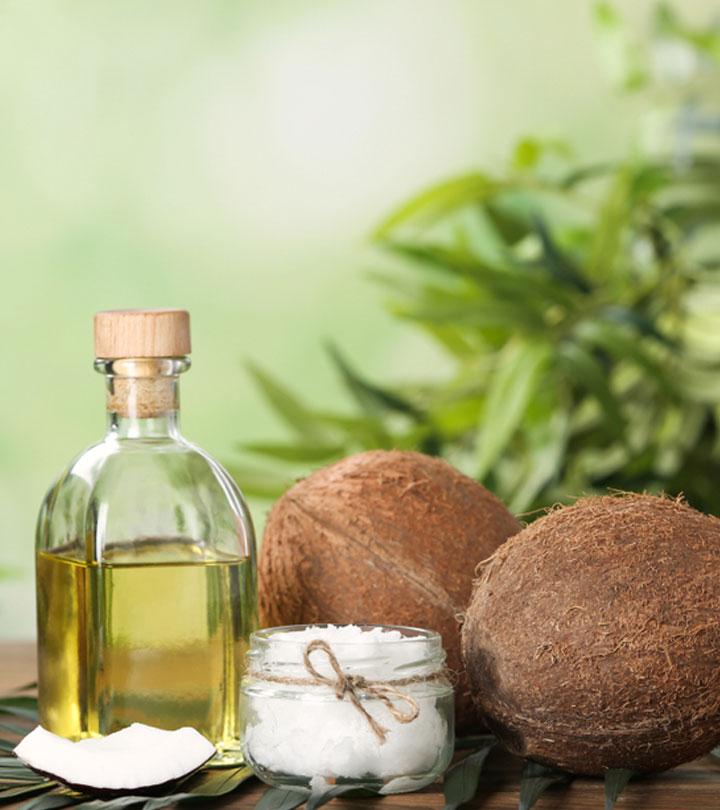
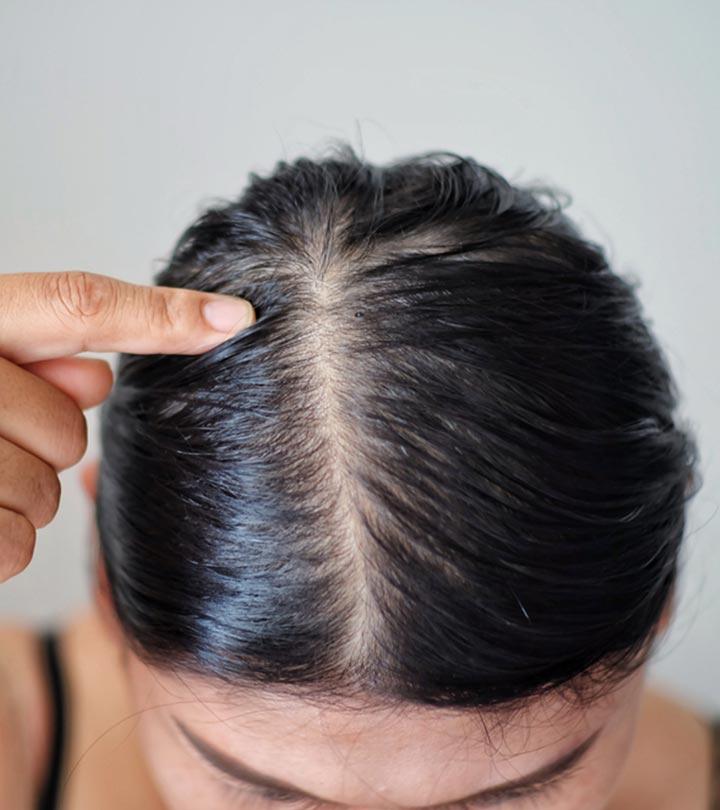
Community Experiences
Join the conversation and become a part of our empowering community! Share your stories, experiences, and insights to connect with other beauty, lifestyle, and health enthusiasts.